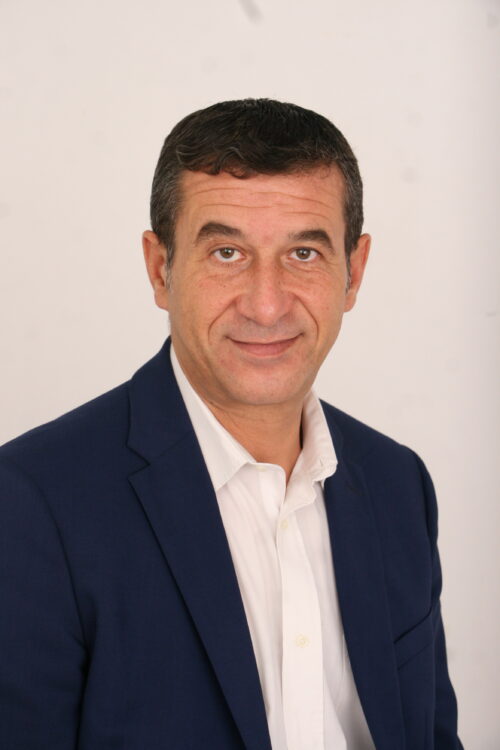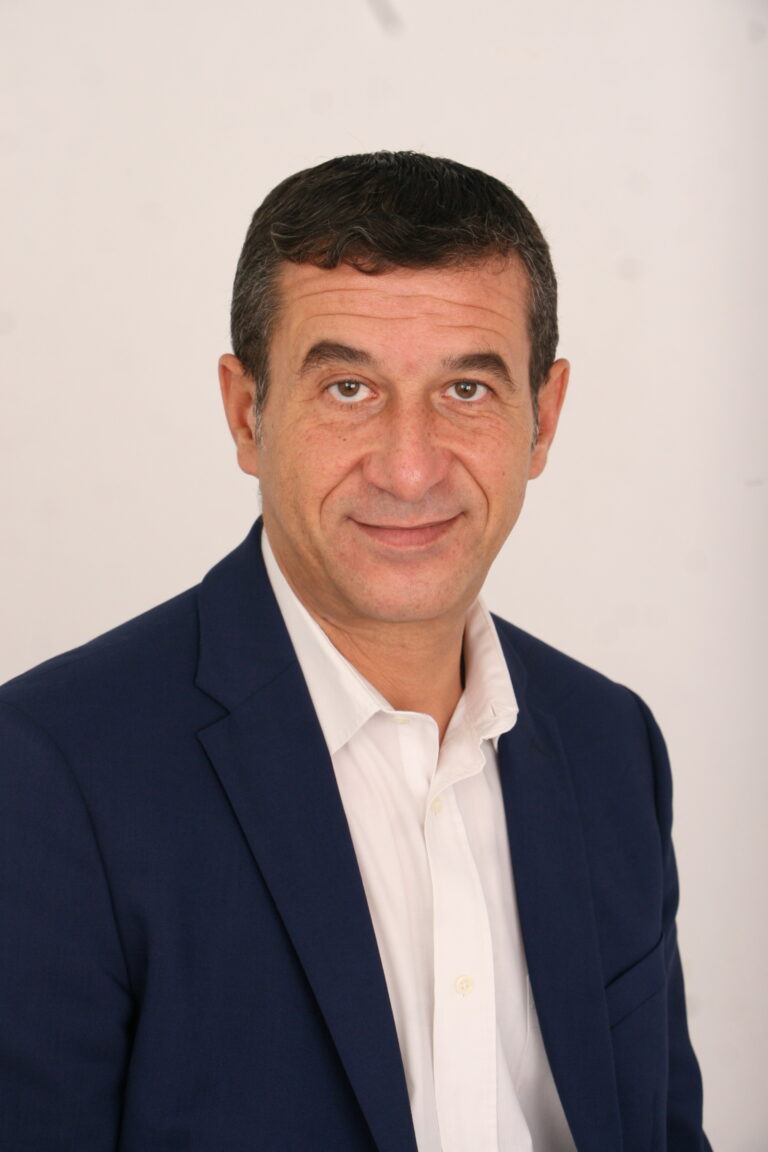The Middle East, perhaps more so than any other region in the world, faces unique water challenges, with water scarcity being one of the most prevalent issues. Adding to this, with infrastructure ageing at a rapid rate, we are placing this precious resource under even more pressure with water leaks in networks leading to huge water losses.
Another factor affecting utilities of all sizes in the war against non-revenue water (NRW) is customer-side leakage. This, unfortunately, is an aspect that is often overlooked. From too few meters in the network or degradation of meter accuracy, to unauthorized use from illegal connections, utilities are facing myriad challenges when it comes to reducing NRW loss levels.
The water sustainability challenge is not just about meeting the needs of a burgeoning urban population, but also creating smart utilities initiatives, that will help achieve water security for the future.
Amid growing pressure to do more with less, utilities are expected to invest $14 billion in smart water technologies through 2024 globally. We’re already seeing these investments translate to tangible actions, with water managers now using smart water solutions to reduce energy consumption, mitigate unnecessary water losses and optimize advanced asset management.
One area in which we have seen a shift is that of wastewater management. Historically, less than 5% of wastewater is treated and reused in the Middle East, however this is set to change drastically. As part of the Vision 2021, the UAE government is leading renewed efforts to reuse 100% of its wastewater by 2020. Through the implementation of a smart water network strategy and advanced metering technology, smart water networks can reduce the amount of money spent on producing and desalinating water as well as the consumption of energy required to pump and treat wastewater.
By adopting a holistic smart approach to water management and revamping the existing infrastructure to become more water smart, utilities can bring many complementary technologies together. The right analytics can then transform compiled data into usable information leading to cost and resource savings.
Smart water solutions – including physical equipment and treatment, wireless network cloud analytics, mobile computing, powerful data modelling, and the Internet of Things (IoT) – offer new ways to address the industry’s challenges and opportunities. These technologies are not simply prototypes being tested in a laboratory, but proven solutions that are already delivering dramatic improvements in water productivity, quality and resilience.
It’s important to remember that the production of water in this part of the world requires significant outputs of energy, which equates to increased financial costs. Not only do these intelligent solutions reduce energy consumption, thereby contributing to lower emissions, but they also improve operational efficiencies leading to greater profitability in the long-term.
With sustainability being a key pillar of the UAE’s Vision 2021 initiative, we have recently launched our new smart water meter, Cordonel, into the Middle East, which has been designed to help achieve a smarter utility network. With our market leading expertise in metrology, we developed this innovative solution to help utilities achieve higher levels of operational efficiency and productivity.
By providing accurate data intelligence collected using next generation analytics, Cordonel helps users achieve higher savings through the close monitoring of consumption patterns, as well as various other patterns in the distribution network.
As the UAE moves towards achieving its ambitious Vision 2021 agenda, Sensus is committed to supporting the region’s focus on sustainable development, through the provision of intelligent solutions such as Cordonel, to aid in the management of water resources, through both supply and demand insights.
With governments across the region taking positive strides towards becoming smart nations, smart meters in particular will play a significant role in facilitating improved digital water capabilities. This will allow ‘early adopter’ utilities to be at the forefront of the region’s digital transformation and sustainable resource journey.










